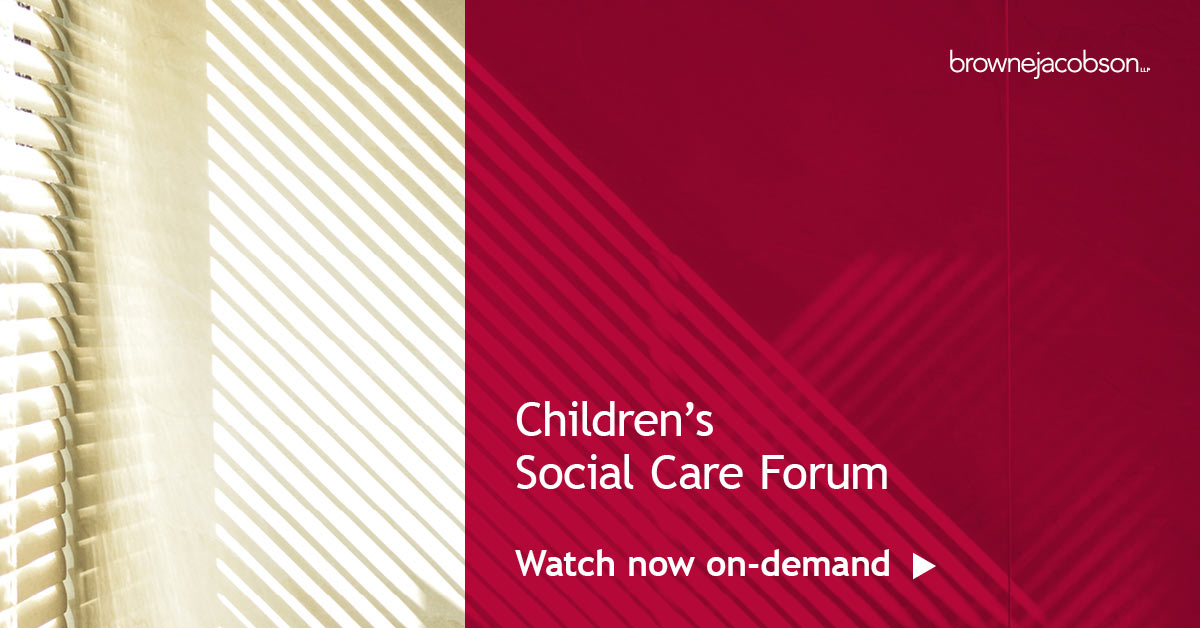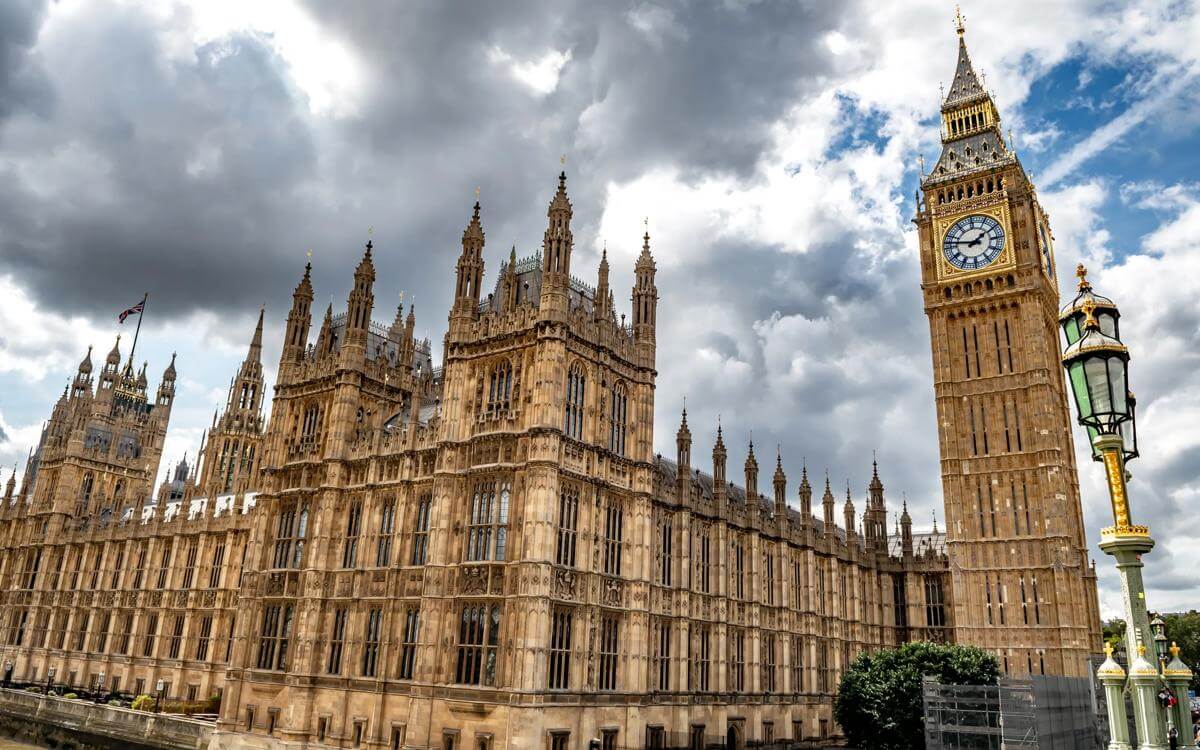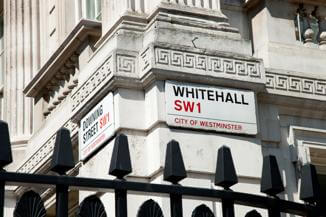Children's social care forum
Catch up on this year’s social care forum where we discussed developments on liability for friends and family foster placements, lessons learned from pursuing recoveries from abusers in child sex abuse cases and also the impact of the ABI Code of Practice for responding to civil claims for child sexual abuse following recommendations of the IICSA.
This online event took place on 29 September 2021 and is now available on-demand. The content in this recording was correct as of the original webinar date.
It has been a busy year for those involved in working with children and young people, and those dealing with the risks and claims arising as a consequence. For practitioners, and managers many of whom are working from home, there have also been legal and cultural developments that will have a significant impact on the way in which both services need to be run and claims handled in the future – these will require difficult nuanced decisions to be made by senior social care managers both in the private and public sector, and require their engagement at a much earlier stage than might otherwise be the case.
Our team are delighted to invite you to catch up on this year’s social care forum where we discussed:
- Developments on liability for friends and family foster placements, including a decision of August 2021
- Success stories and lessons learned from pursuing recoveries from abusers in child sex abuse cases
- The impact of the ABI Code of Practice for responding to civil claims for child sexual abuse following recommendations of the IICSA
This video is aimed at directors and senior managers of children’s care providers, fostering agencies, Local Authorities, children’s charities, senior claims handlers and their insurers.
This abbreviated online learning is an opportunity for you to hear from 3 of our stable of experienced social care lawyers working at the cutting edge of child sexual abuse litigation and safeguarding law. It is intended that those attending will be able to use materials and information shared to improve the practiced development of colleagues and the service you deliver to your client groups now.

Speakers

Sarah Erwin-Jones
Partner
Sarah specialises in social services, the care sector and legal costs along with education.
Sarah.Erwin-Jones@brownejacobson.com
+44 (0)115 976 6136
Contact

Sarah Erwin-Jones
Partner
Sarah.Erwin-Jones@brownejacobson.com
+44 (0)115 976 6136






































